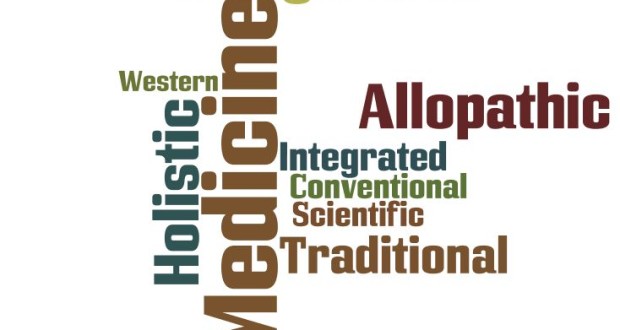
The field of regenerative medicine has been one of the most groundbreaking areas of scientific advancement in recent years, as scientists explore ways of creating functional tissue to replace old or damaged organs and other tissue to treat a variety of conditions. Regenerative medicine is predicted to become an increasingly common and vital area of medicine in the future, particularly with regard to stem cell sciences.
As stem cell research becomes ever more widely understood as an alternative to older methods of regenerative medicine, such as bone marrow transplants which do not enjoy the same high level of success, more people are looking to stem cells as a means to treat debilitating conditions such as Alzheimer’s, diabetes and Parkinson’s, with new discoveries being made all the time.
Putting to use millions of cells found in the human body for a range of purposes, stem cell research has also experienced success in treating spinal cord injuries and multiple sclerosis, opening up new areas that were previously untreatable with conventional approaches, as well as allowing scientists to carry out research into cloning and replication that could be similarly vital for the future.
There has long been controversy surrounding stem cells as a form of regenerative medicine, due to their origin in embryonic tissue, but thanks to official acts such as United States President Barack Obama signing an Executive Order to lift many of these restrictions, the field now has greater freedom to research, develop and practice new treatments for a growing number of patients, which could potentially save thousands of lives every day.
This means that the second decade of the 21st century offers many new opportunities for regenerative medicine and stem cell sciences in particular around the world, as new research centres are opened and events such as the World Stem Cells and Regenerative Medicine Congress become firm fixtures of the scientific calendar.
Even outside the scientific community, research is becoming increasingly understood and appreciated by the general public as an innovative way to treat a range of conditions, and is anticipated to enter mainstream medicine in the next few years – especially as the lifting of restrictions means patients no longer have to travel to foreign countries to seek treatment at private clinics. With regenerative medicine supported by legislation, patients will be able to enjoy high quality, legal treatments from their doctor and enjoy a new lease of life.

Source by Adam Singleton
 Vitamin Agent The Health & Naturalistic Source
Vitamin Agent The Health & Naturalistic Source



